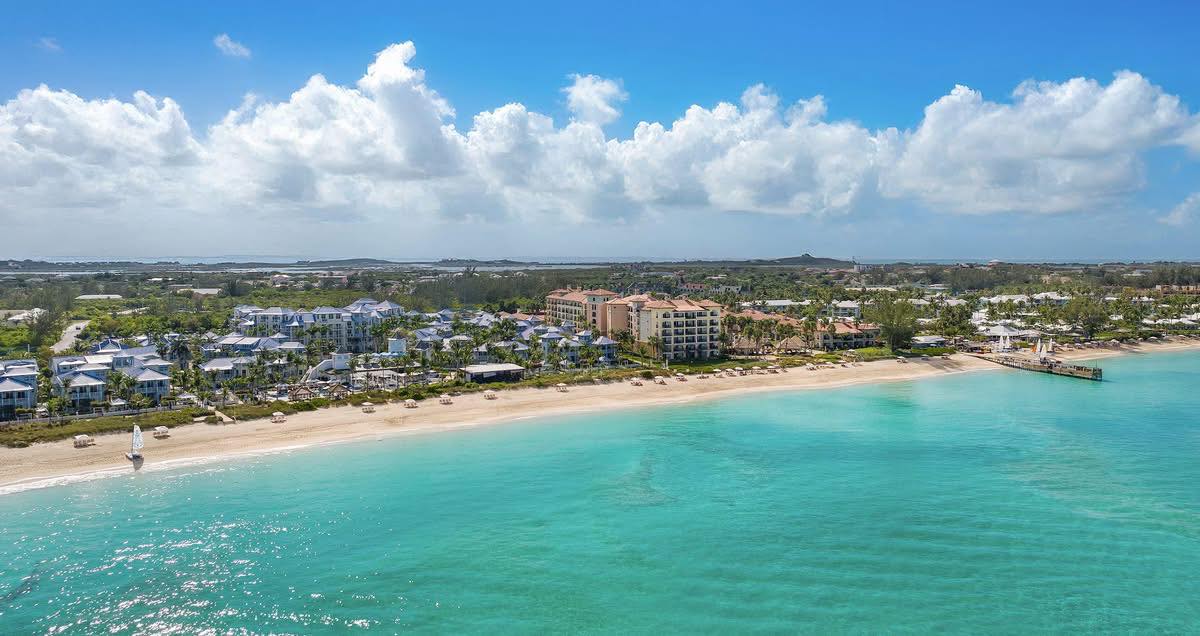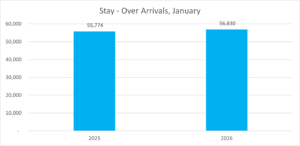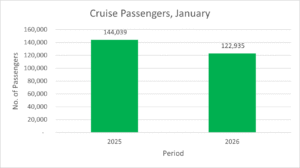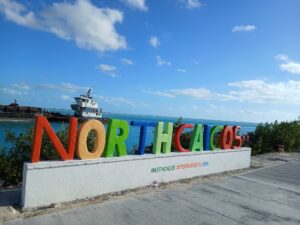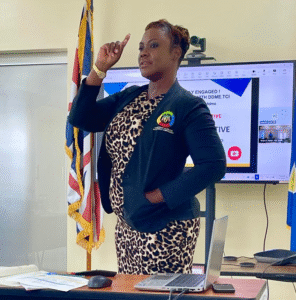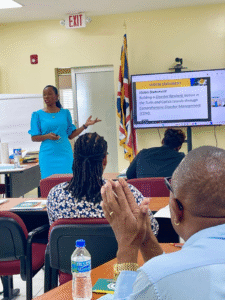Deandrea Hamilton
Editor
#TurksandCaicos, December 21, 2023 – The Turks and Caicos Islands has so much money in the bank that it could run for ten months without any new income. It is an enviable position and a curious analogy conjured up by E. Jay Saunders, the Minister of Finance, Investment and Trade.
Saunders is quick to explain, it is the very healthy financial state of the TCI which has bolstered his confidence to support a cumulative tens of millions of dollars in business write-offs, social help, offsets to inflation, duty exemptions, housing incentives, stimulus payouts, investment inducements and salary and pension increases among other efforts.
support a cumulative tens of millions of dollars in business write-offs, social help, offsets to inflation, duty exemptions, housing incentives, stimulus payouts, investment inducements and salary and pension increases among other efforts.
In another colossal announcement, the Minister during his second Budget Supplementary for the 2023-2024 fiscal period, last week Wednesday, announced the country has hundreds of millions of dollars in the bank.
“And Mr. Speaker, as of 31st of October 2023, I am happy to say that our cash reserves stood at a robust $343.0 million,” said Saunders in laying the Supplementary Appropriations Bill on December 13.
That figure is over $100 million more than what the minister uncorked in October 2022, when cash reserves stood at $240 million. At the time, the Finance Minister offered that the Turks and Caicos had sufficient funds to more than meet the UK-set benchmark of having 90 days of operational funds in reserves.
On October 6, 2022 during a House of Assembly session to increase budget spending then, the Deputy Premier had said: “That means that if the TCI economy shuts down today, and our government was unable to generate not even $1 or revenue, we could pay all our bills for up to 212 days.
For reference Mr. Speaker, the UK government requires us to keep a minimum of 90 days’ worth of cash reserves, we’re at 212 days! And Mr. Speaker, my long-term goal is to increase this to 365 days. God forbid, if we ever go into another prolonged lockdown again, one thing is for certain, the TCI will not have to, as the saying goes, “beg, borrow, or steal” to pay its bills.”
Now, $103 million richer in its various savings funds and with at least two quarters of “planned deficits” the Turks and Caicos Islands Government has rolled out a slew of big ticket items including an $18.2 million salary increase for the Public Service including executive government officers like the Attorney General, Permanent Secretaries and Deputy Governor, which is a recurrent expense; a roughly $600,000 salary increase for 20 House of Assembly members, also a recurrent expense and now an additional $10.5 million for a variety of projects.
“I rise to Table the same. And I am doing so under the theme: “Delivering on the Citizen’s Contract: Achieving Social, Economic, and Environmental Progress for All.” Mr. Speaker, specifically, we are seeking an additional issuance of funds from the Consolidated Fund, amounting to $5,788,222.23, and from the Development Fund, an amount of $4,765,850. This revision will elevate our total expenditure to $443.4 million thereby increasing our planned deficit to $25.6 million, which will be funded from our cash reserves,” said Deputy Premier, Saunders.
Also fueling Saunders’ confidence is the earnings performance of the Turks and Caicos Islands, and seriousness said the deputy premier to fulfilling Progressive National Party campaign promises.
“Mr. Speaker, at the heart of this Bill lies our government’s commitment to the sustainable development and prosperity of the Turks and Caicos Islands. It is structured to address areas across our government and our islands that require immediate attention and investment, and it reflects our Government’s foresight and responsiveness to the needs of our people and the demands of our growing economy.”
Saunders, later in his presentation explained, “Mr. Speaker, The utilization of our cash reserves for this deficit is a calculated and responsible decision, considering our reserves stand at a healthy level. As I like to say, this is not by luck, but by design. Mr. Speaker, Our year-to-date aggregate revenue stands at $249.6 million, exceeding our estimates. This performance is mainly attributed to the robust collection of: • import duties, • customs processing fees, and • work permit fees. This is a clear indicator of the robustness of our economy and the effectiveness of our revenue collection mechanisms.”
calculated and responsible decision, considering our reserves stand at a healthy level. As I like to say, this is not by luck, but by design. Mr. Speaker, Our year-to-date aggregate revenue stands at $249.6 million, exceeding our estimates. This performance is mainly attributed to the robust collection of: • import duties, • customs processing fees, and • work permit fees. This is a clear indicator of the robustness of our economy and the effectiveness of our revenue collection mechanisms.”
And yet, the country is still underspending in some critical areas.
“Mr. Speaker, On the expenditure front, we have been prudent and efficient. Our total recurrent expenditures totaled $182.6 million, significantly below our estimates. This underspending is primarily due to vacancies within the Civil Service and lower-than-expected spending on professional and consultancy services.”
That however may change given the raised wages in the public sector, following a Pay and Grading review which has boosted by impressive margins salaries for teachers, health care workers and domestic security personnel.



 News4 days ago
News4 days ago
 News1 week ago
News1 week ago
 Caribbean News5 days ago
Caribbean News5 days ago
 News4 days ago
News4 days ago














